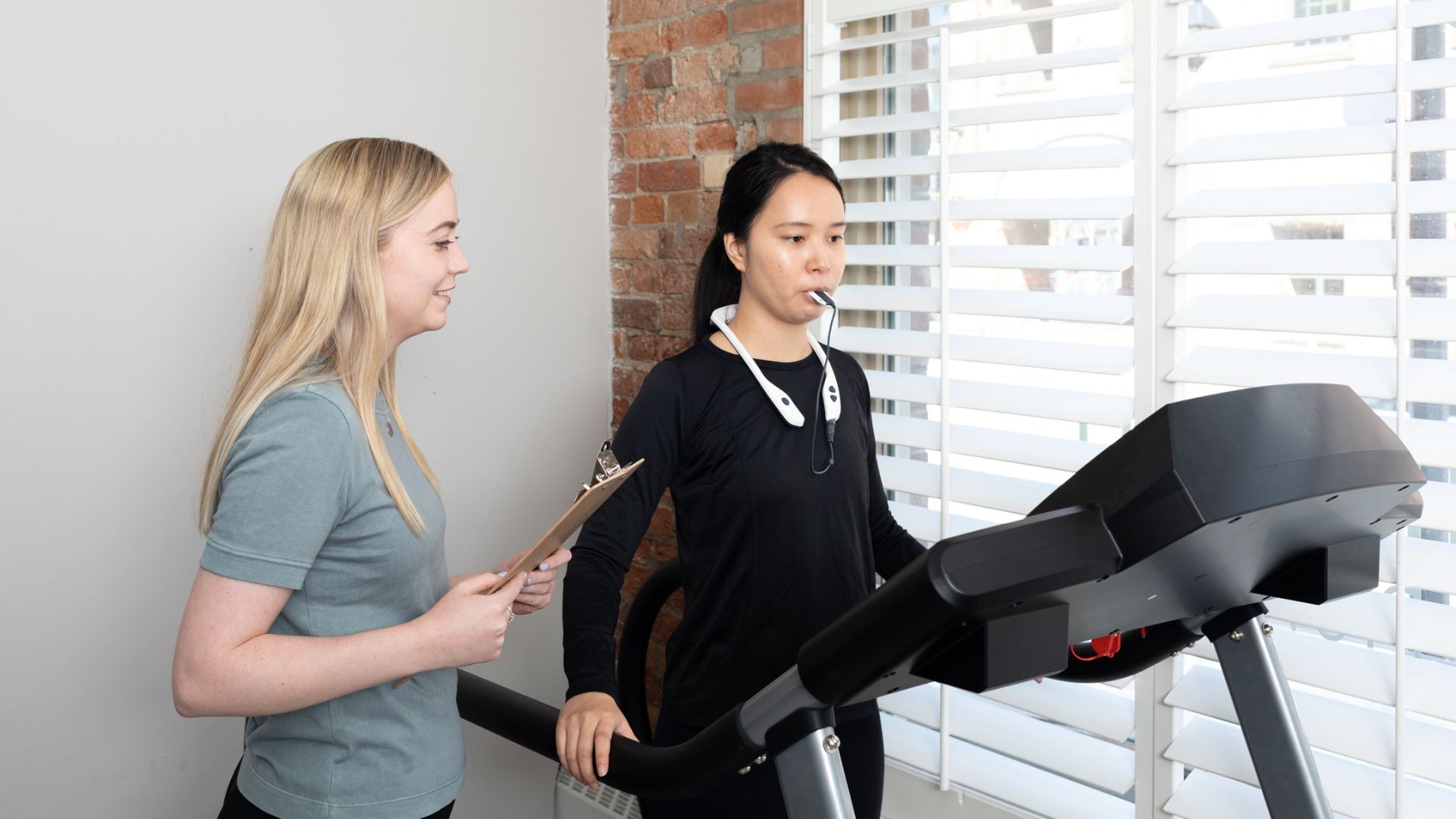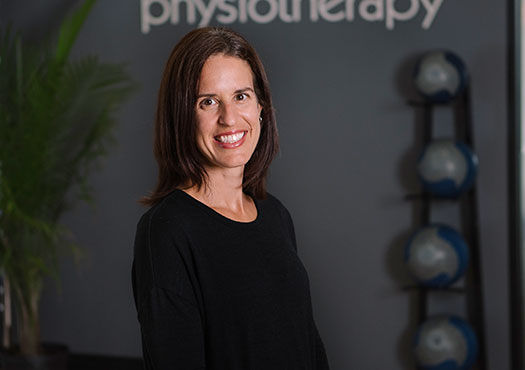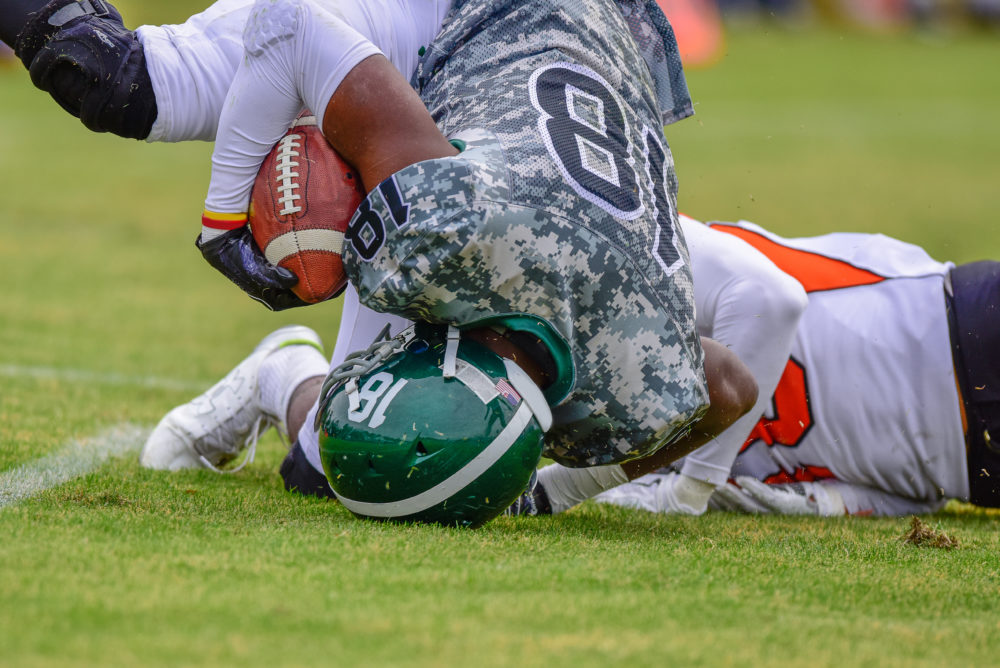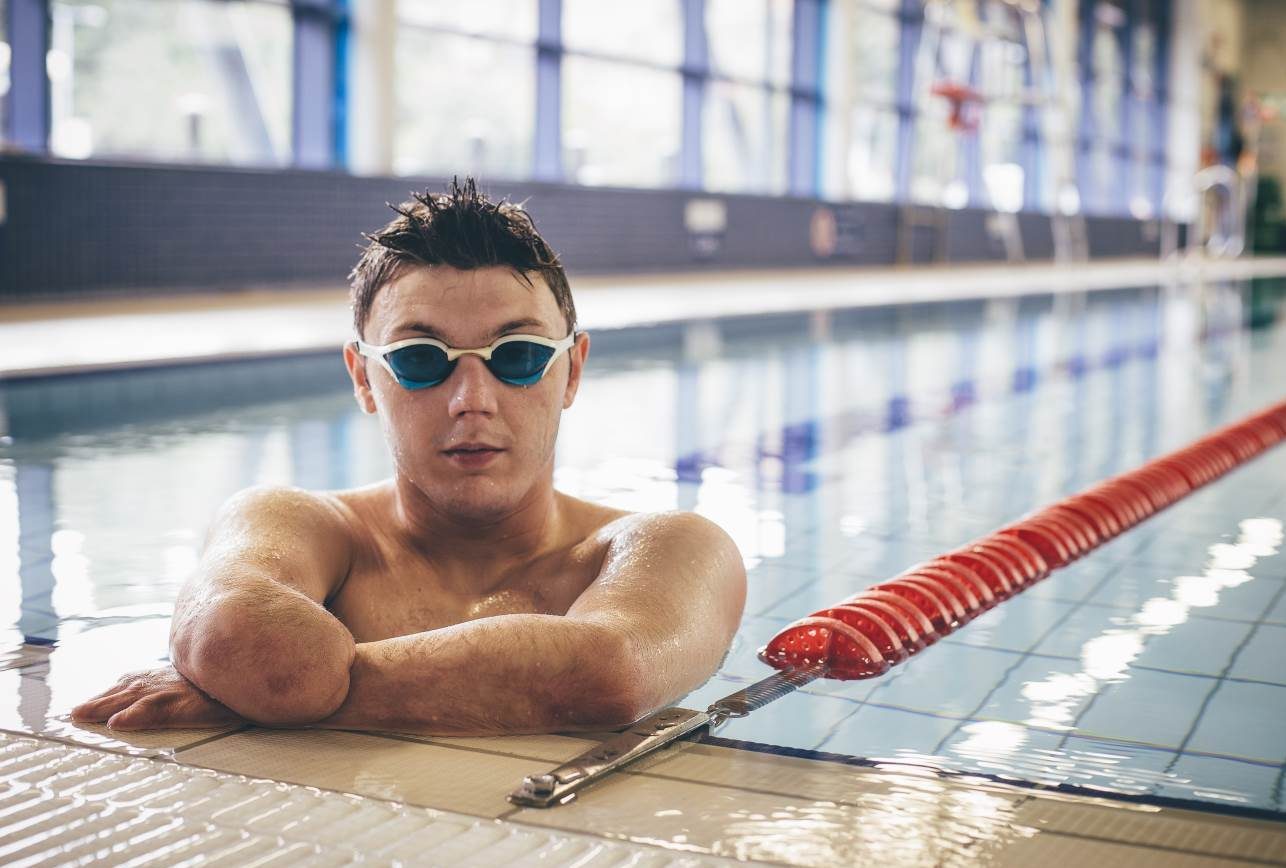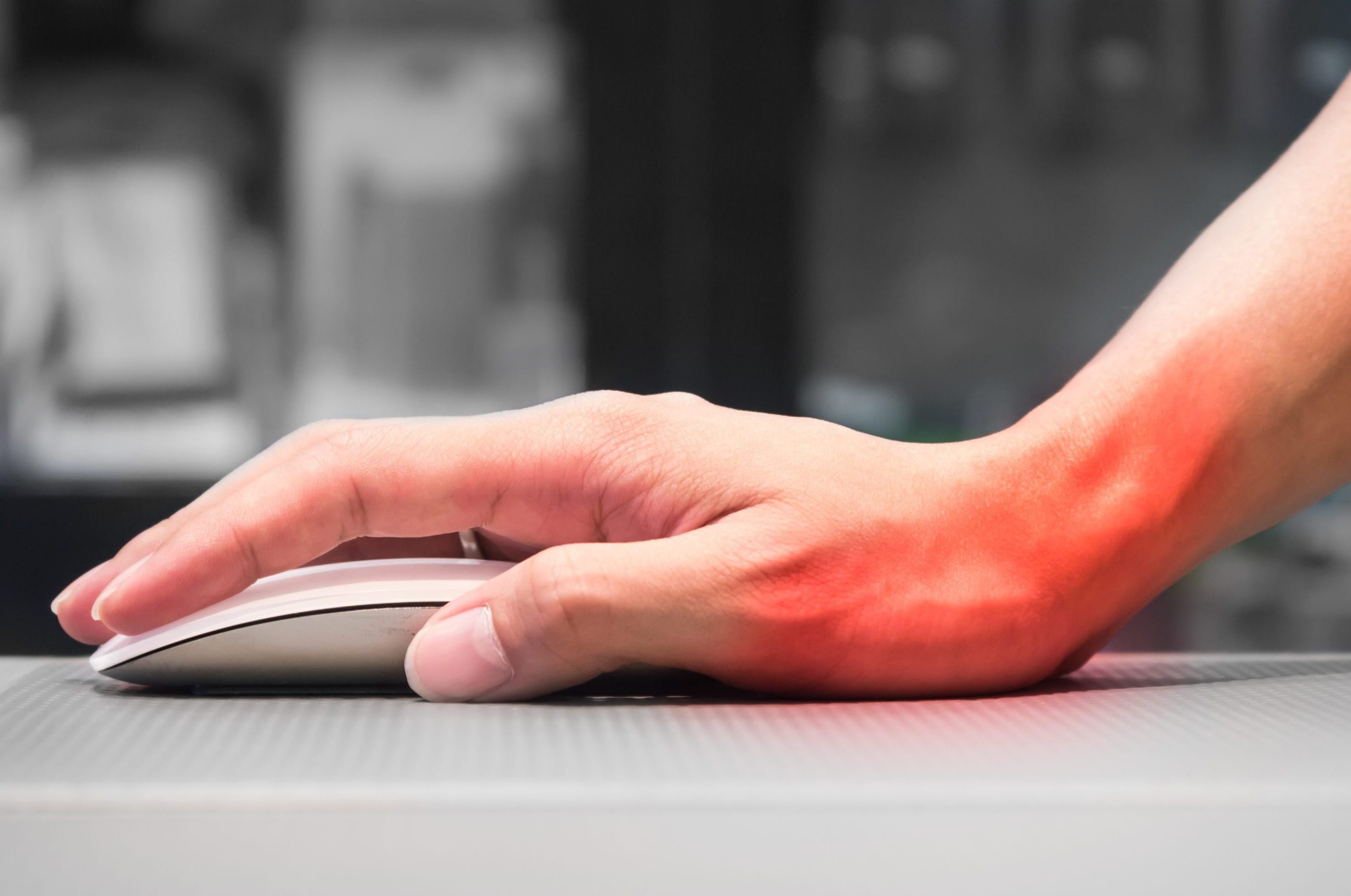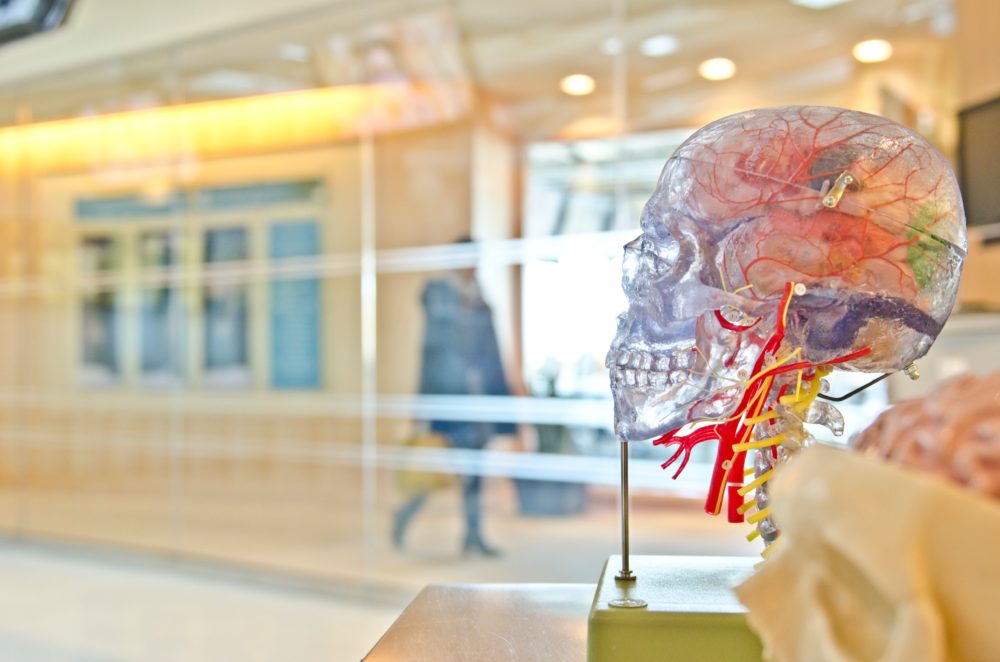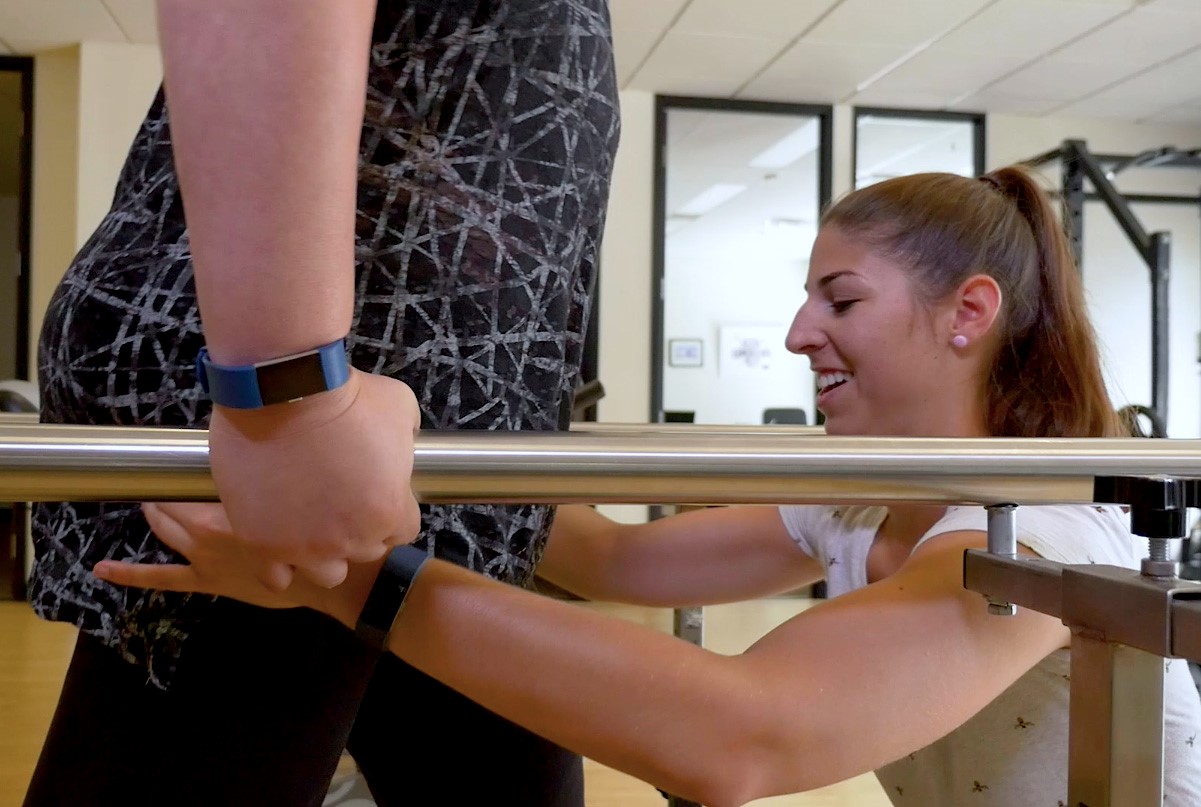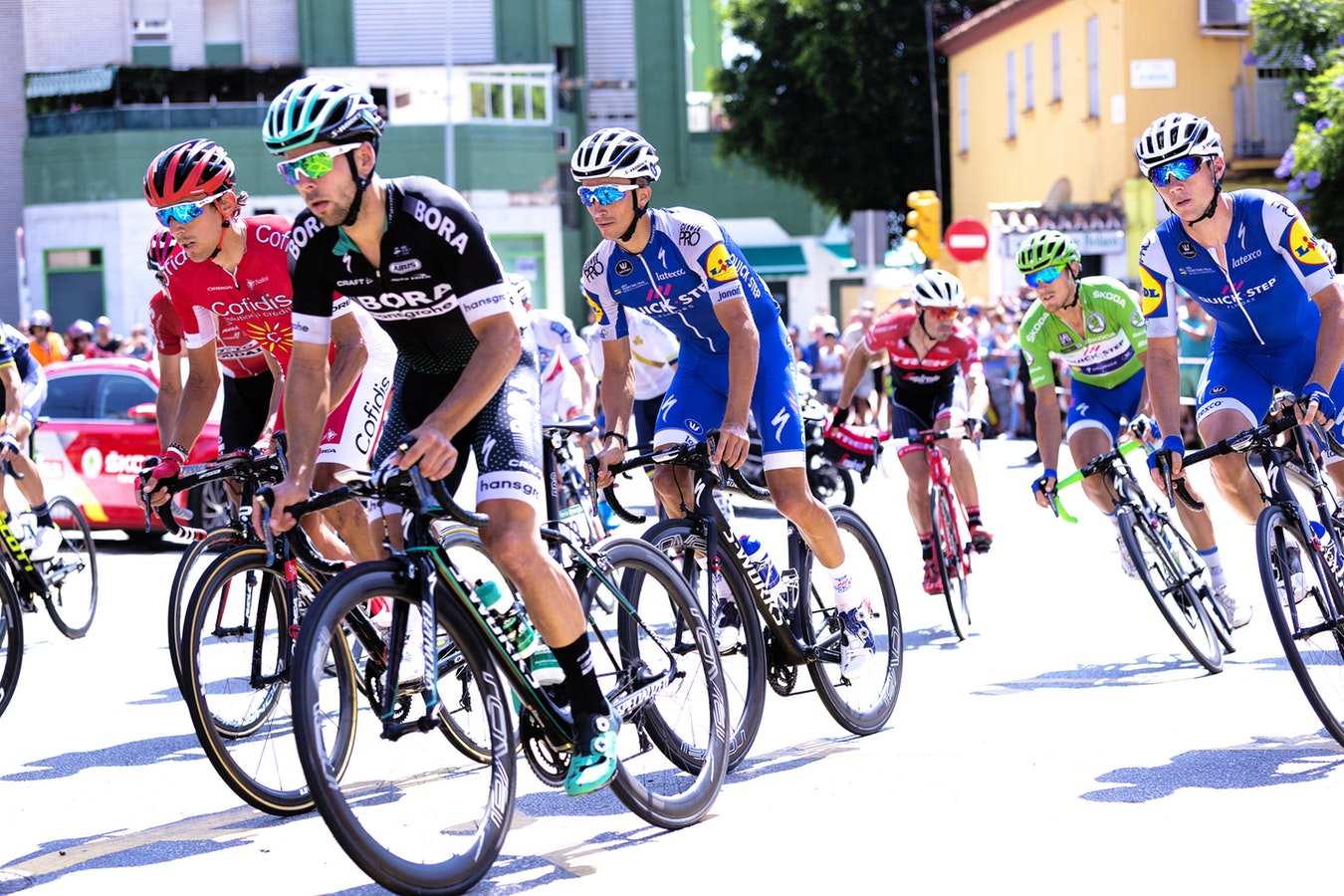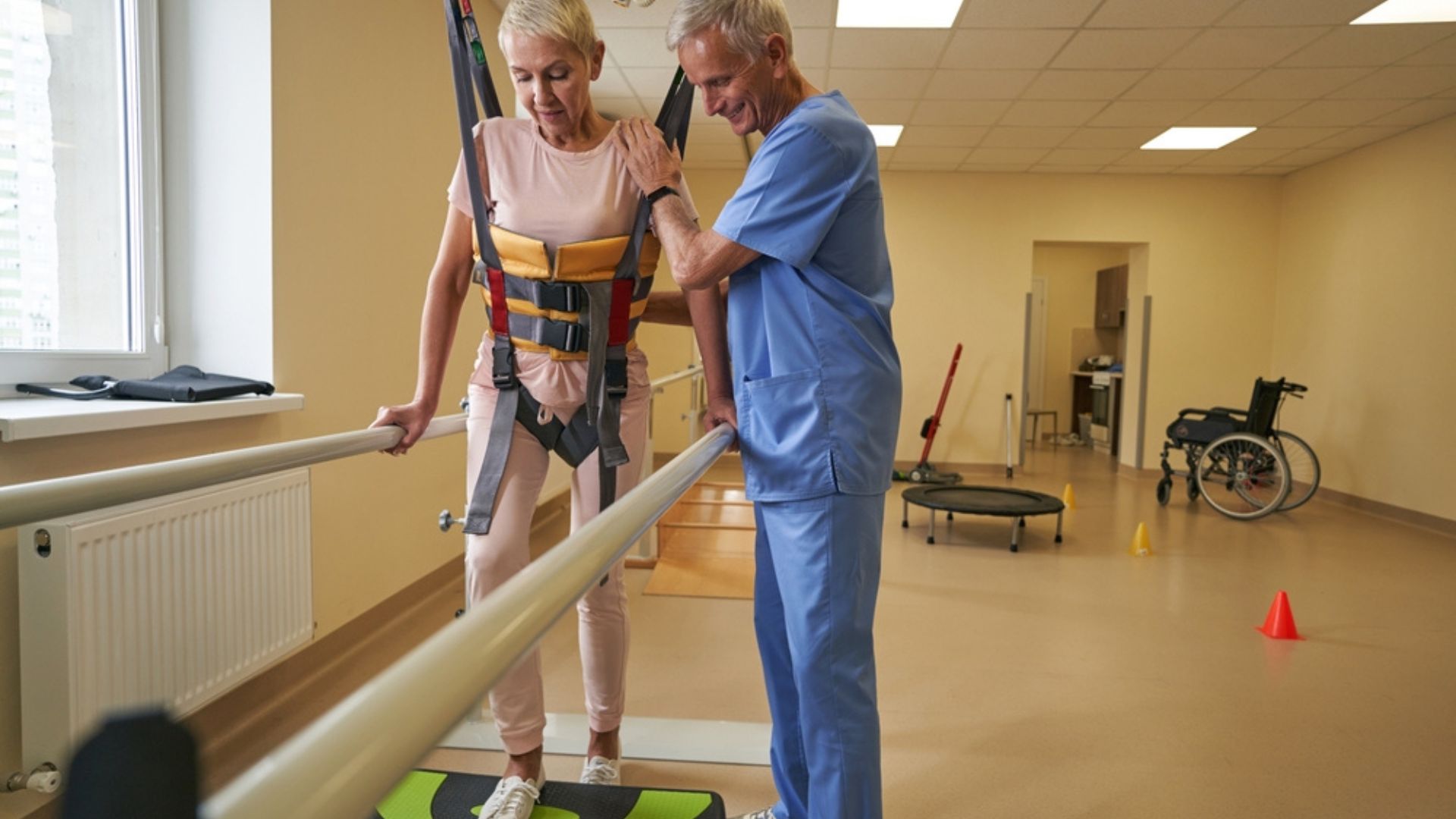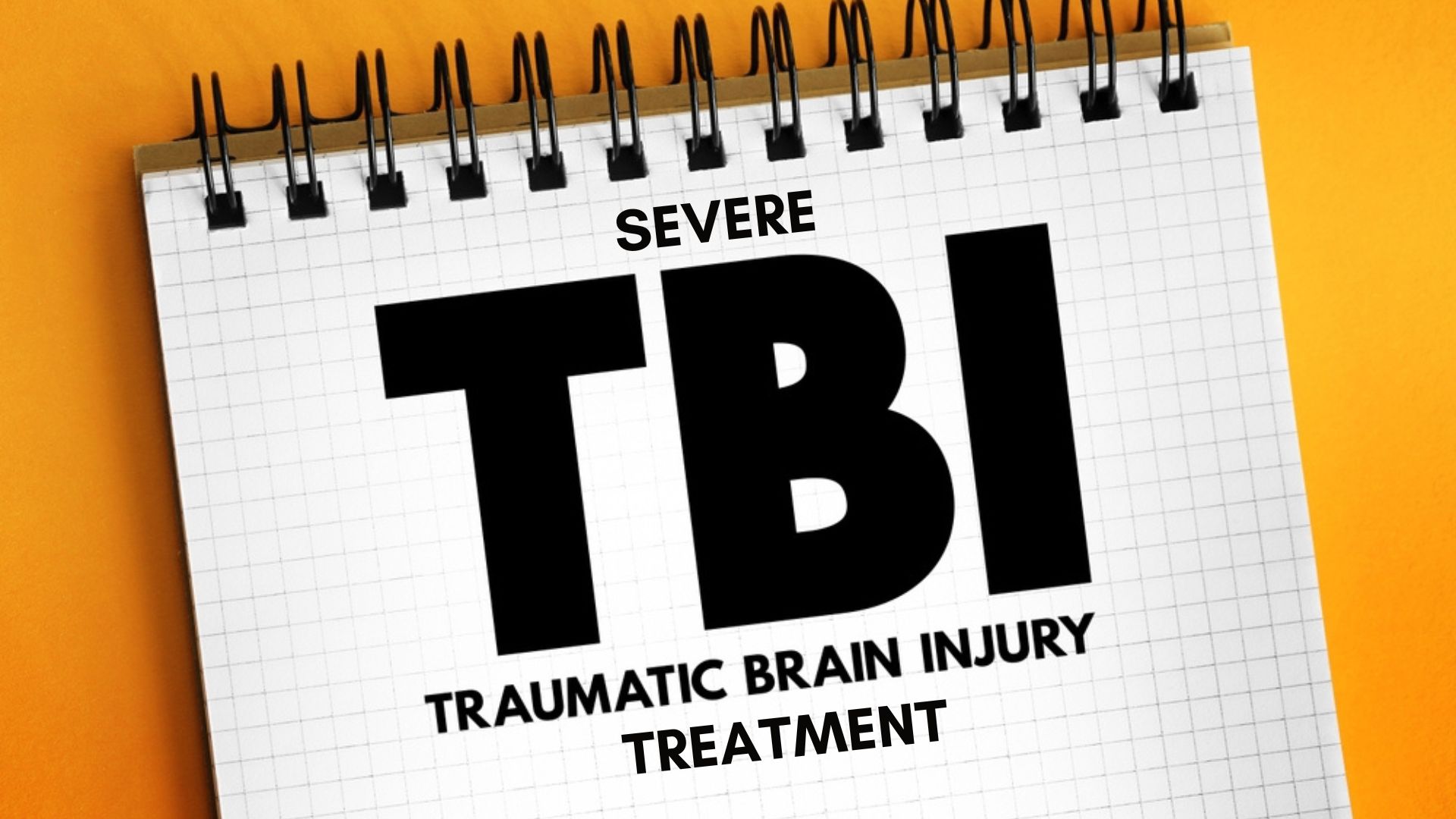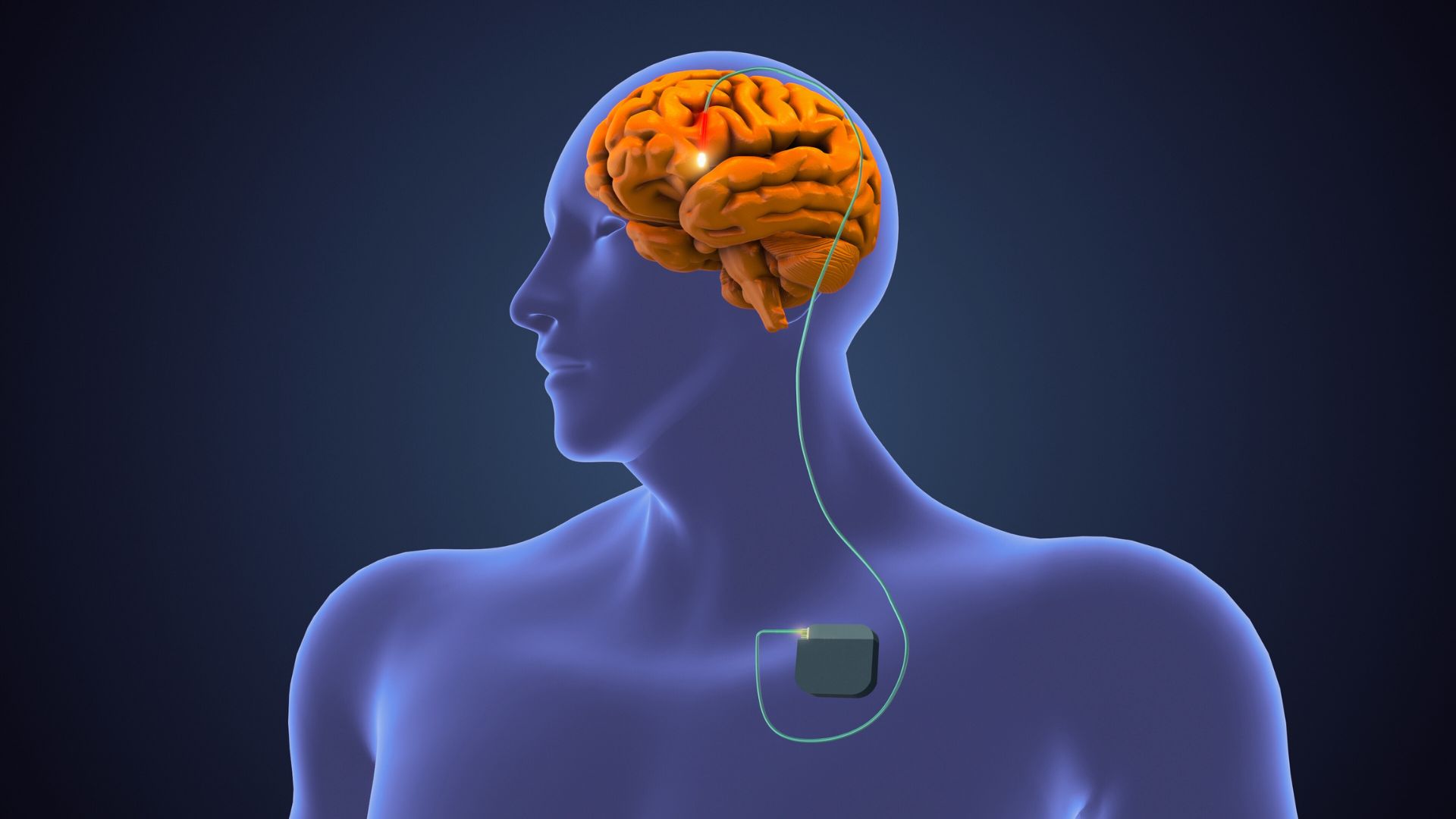At Propel Physiotherapy, our experienced therapists work with clients with stroke to help them regain strength, endurance, balance and mobility. We have training in the specialty area of neurology and a full complement of specialized and adapted equipment that we use to help our clients get the most out of their rehab programs. The newest addition to our evidence-based toolkit is PoNS™ Therapy for stroke rehabilitation.
PoNS™ (short for Portable Neuromodulation Stimulator) is an innovative, non-surgical medical device that gently stimulates the surface of the tongue, exciting the neural network flowing to the brain. This neural activity is believed to enable neuroplasticity – the ability of the brain to make adaptive changes related to the structure and function of the nervous system – which may restore lost function.
In this article we will outline the PoNS™ therapy program, discuss who can benefit from this treatment approach, provide results from a study on PoNS™ and stroke, and look at the contraindications and precautions with this device.
Table of Contents
- What is a stroke?
- Stroke rehabilitation at Propel Physiotherapy
- PoNS™ Therapy for stroke rehabilitation
- Who can benefit from PoNS™ Therapy
- About the PoNS™ Therapy Program
- Contraindications and precautions with the PoNS™ device
- Innovation in Stroke Rehabilitation
What is a Stroke?
A stroke occurs when blood stops flowing to an area of your brain, leading to cell damage in that area. There are two types of stroke: ischemic and hemorrhagic. In ischemic strokes, blood flow is stopped by a clot or blockage in the blood vessels of your brain. With hemorrhagic strokes, high blood pressure causes weakened arteries to break open, leading to an interruption in blood flow to the brain.
A stroke is a non-traumatic brain injury that can have devastating physical consequences to an individual. These can include weakness, fatigue, sensory deficits, balance problems and difficulties with walking.
Recovery can greatly depend on where and what type of stroke you have had. A physiotherapist with training in the specialty area of neurology can help you recover from stroke by creating a personalized stroke rehabilitation program.
You may also enjoy reading: Massage Therapy for Stroke
Stroke Rehabilitation at Propel Physiotherapy
Stroke rehabilitation involves a specific, individualized treatment approach tailored to each client’s needs. At Propel Physiotherapy, we complete a full sensorimotor and functional assessment involving the whole body, then set goals with the client that are realistic and time sensitive. We also strive to involve caregivers and family to help the client achieve their goals when at home.
Whether your goals are to move easier from your wheelchair to the bed, walk without a gait aid, or learn to run, our therapists can help devise a plan based on your mobility goals.
Through comprehensive movement analysis, our therapists can help facilitate normal movement and motor recovery and work collaboratively with you and your other healthcare providers to help you achieve your goals.
You may also enjoy reading: Chronic Stroke Rehabilitation: Beyond the First 6 Months
PoNS™ Therapy for Stroke Rehabilitation
Walking impairments due to stroke are a significant source of disability and can lead to loss of function and independence. Impairments in gait also lead to more energy costs and greater chance of falls.
Recently Health Canada has expanded the indication for PoNS™ to include use as a short-term treatment (14 weeks) of gait deficit due to mild and moderate symptoms from stroke, to be used in conjunction with physical therapy.
This feasibility study demonstrated the effectiveness of PoNS™ therapy in conjunction with physical therapy compared to physical therapy alone in improving measures of balance and gait in subacute stroke.[i]
You may also enjoy reading: Meaningful Goals Fuel Motivation
Who Can Benefit from PoNS™ Therapy?
Canadians living with persistent symptoms resulting from a mild or moderate traumatic brain injuries like stroke, or multiple sclerosis diagnosis. These individuals may notice a significant negative impact on their functional status, capacity to return to work and quality of life.
The PoNS™ device is intended for use in conjunction with physical therapy as a short-term (14-week) treatment of:
- Chronic balance deficit due to mild-to-moderate traumatic brain injury
- Walking impairments due to stroke
- Gait deficit due to mild and moderate symptoms from MS
It is indicated for individuals between 18 and 65 years of age.
You may also enjoy reading: Stroke Rehabilitation at Home
PoNS™ Therapy Program
PoNS Therapy™ is a 14-week intensive physiotherapy program that combines in-clinic and in-home use of the PoNS™ device. The program was guided by one of our Certified PoNS™ Trainers, focusing on balance, gait and breathing awareness exercises.
The schedule includes 3 sessions of either balance, gait, movement or breath work twice daily: 70 minutes in the morning and 70 minutes in the afternoon, plus an additional 20 minutes of breathing awareness training in the evening.
The first 2 weeks are focused in clinic to tailor the program at which point the client works their program at home coming in clinic only once a week with reassessments at week 4, 8 and 14.
You may also enjoy reading: Hydrotherapy for Stroke Recovery
Contraindications or Precautions with the PoNS™ Device
Electrical stimulation SHOULD NOT be used: if there is an active or suspected malignant tumor, in areas of recent bleeding or open wounds, or in areas that lack normal sensation.
PoNS™ has not been tested on, and thus should not be used, by individuals under the age of 18 or who are pregnant. PoNS™ should not be used in patients sensitive to nickel, gold, or copper.
Electrical stimulation should only be used after seeking professional medical advice, and with caution in patients with any of the following:
- Implanted electronic devices, including cardiac pacemakers, cardioverter defibrillators, deep brain stimulators, vagal nerve stimulators, sacral nerve stimulators, and cochlear implants
- Metal in the mouth (e.g. piercings, braces, retainers, or other orthodontic appliance)
- Seizure disorders
- Epilepsy
You may also enjoy reading: Balance Training for Stroke Recovery
Innovation in Stroke Rehabilitation
Propel Physiotherapy prides itself on being at the forefront of new technologies and evidenced based advances in the treatment of neurological injuries. We now offer the opportunity for clients to trial the PoNS™ medical device to help recovery and restore function.
Come see how our clinic offers the latest advancements to help enhance your recovery and get you back to living life fully.
You may also enjoy reading: Signs of Stroke in Young People
References
[i] Galea, Mary & Cofré Lizama, L. Eduardo & Bastani, Andisheh & Panisset, Maya & Khan, Fary. (2017). Cranial nerve non-invasive neuromodulation improves gait and balance in stroke survivors: A pilot randomised controlled trial. Brain Stimulation. 10. 10.1016/j.brs.2017.08.011.
Written by

